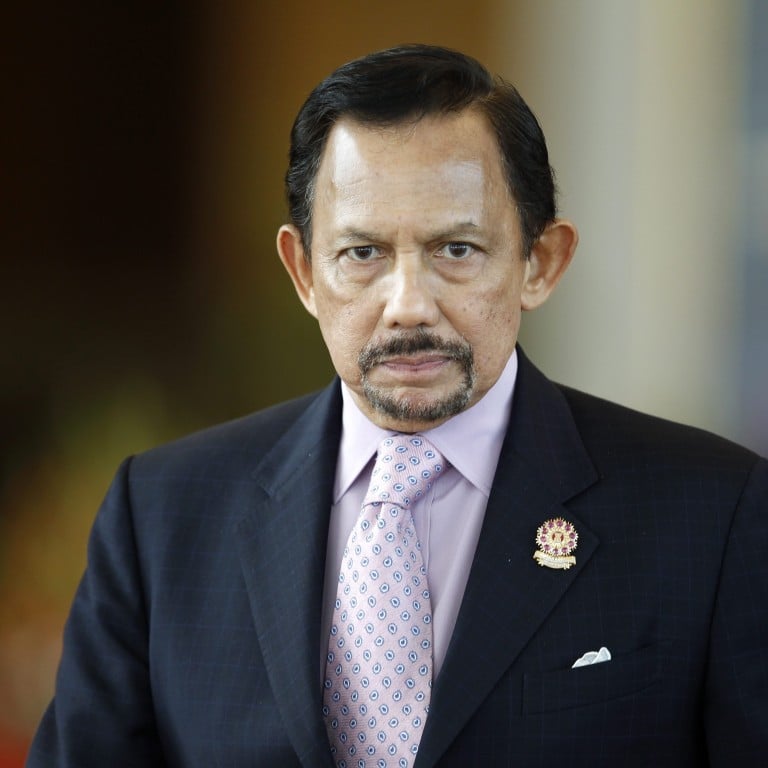
Brunei turns back the clock with sharia law
Brunei officially refers to itself as "the abode of peace". It is a justified moniker given the conservative Muslim nation's laid-back nature, prosperity, low crime rate and citizen contentment due to zero taxes and a long list of free social services.
Brunei officially refers to itself as "the abode of peace". It is a justified moniker given the conservative Muslim nation's laid-back nature, prosperity, low crime rate and citizen contentment due to zero taxes and a long list of free social services. The high level of development thanks to the income from vast oil and gas fields ranks it high on international indexes and, accordingly, it is a valued member of regional and global organisations and signatory to important accords. But its standing has been undermined and image tainted by the implementation this month of strict Islamic sharia law.
Sharia is a draconian system that turns back the clock on international legal and human rights standards. Brunei's first of a three-stage process of implementation introduced on May 1 includes fines and jail terms for offences ranging from indecent behaviour to unmarried women becoming pregnant. Theft and robberies are covered by the second phase later this year, with penalties like flogging and severing of limbs. Stoning to death for offences such as sodomy and adultery take effect at the end of next year. Absolute ruler Sultan Hassanal Bolkiah, one of the world's richest men, has been widely criticised for his decision, which he defended as a "must" under islam. Boycotts have been staged against overseas properties he and his family own, among them plush hotels in Los Angeles. His decree makes Brunei the first country in East Asia to nationally adopt the strictest laws of sharia. It takes the criminal legal system for Muslims, who account for two-thirds of the population of 412,000 people, in the same direction as Saudi Arabia, the Malaysian state of Terengganu and the Indonesian province of Aceh. Previously, it implemented Islamic law like Indonesia and Malaysia, with Muslims being required to follow Islamic law only in family, property and religious matters.
Objections to sharia laws are understandable. They restrict human rights and violate international laws. Punishments are discriminatory and cruel. Rejecting the sultan's decision is not an attack on religion; rather it is a defence of basic rights.

